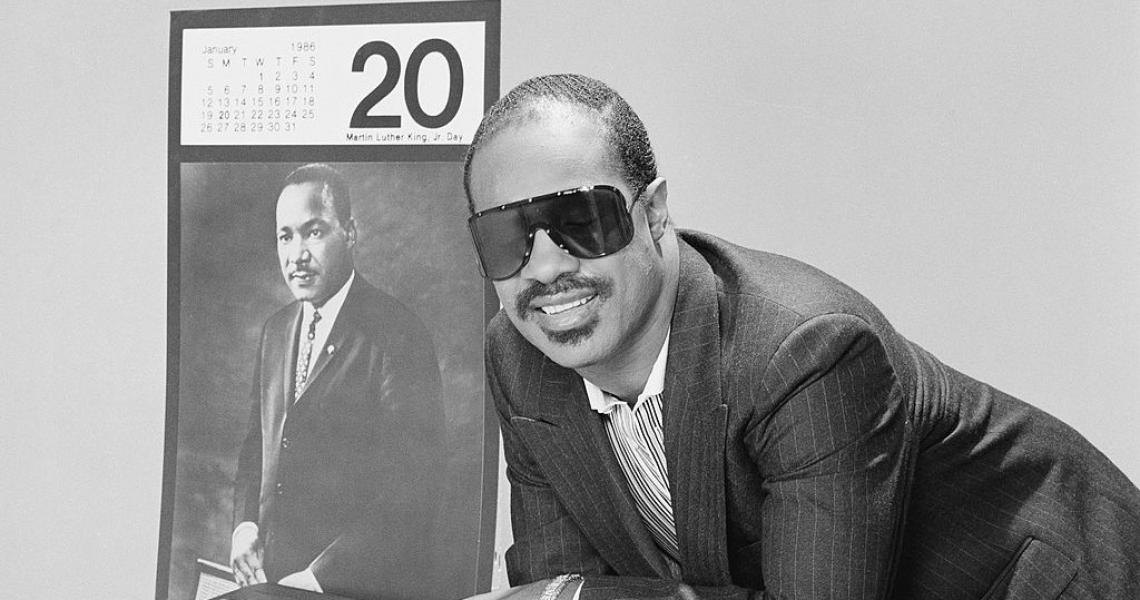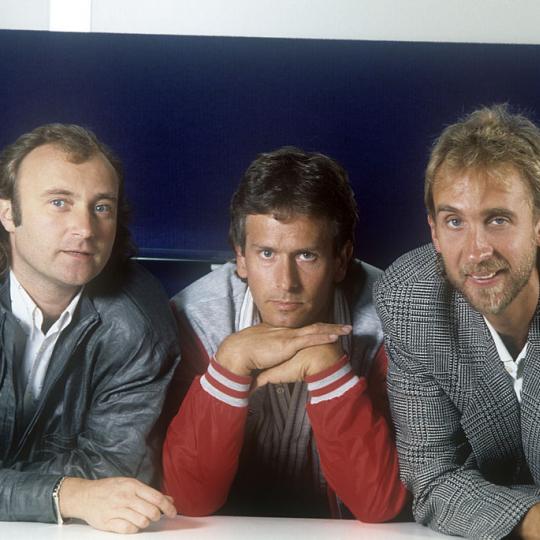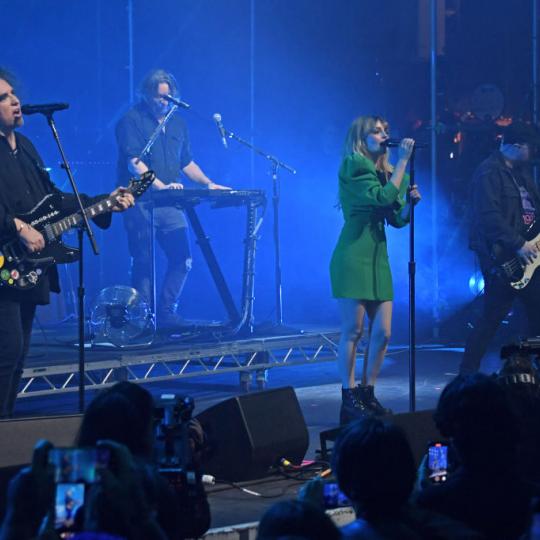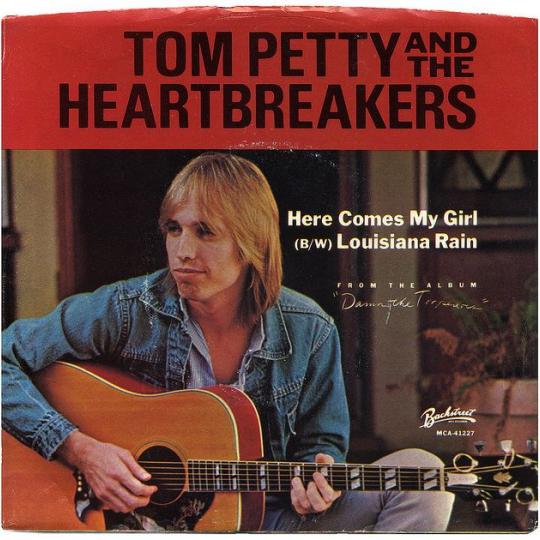
In 1979, Stevie Wonder had a dream. The music legend was so moved, that he called the civil rights icon's widow, Coretta Scott King, to tell her about it.
RELATED: January 1986: Dionne Warwick and Friends Come Together at #1
“I said to her, you know, ‘I had a dream about this song. And I imagined in this dream I was doing this song. We were marching, too, with petition signs to make for Dr. King's birthday to become a national holiday,’" is what Wonder told Anderson Cooper on CNN in 2011. The song: "Happy Birthday," which would go on to be the fourth single from his massive 1980 hit album, Hotter than July, released in April 1981. Despite her doubts that such a dream could ever come true, Wonder's faith remained unshaken.
In August 1979, Wonder introduced the song to Barbara Walters during a segment on 20/20, where he announced that he was about to set of on a four-month tour with Bob Marley and the Wailers to raise awareness about the push to make MLK a national holiday. The tour was going to culminate in a giant show at the National Mall in Washington, DC, on the same spot as King's legendary "I Have a Dream" speech.
Before the tour could launch, tragedy struck when Marley was diagnosed with the cancer that would take his life in less than a year. Wonder rang up artist/poet Gil Scott-Heron to step in for the ailing Marley on the tour. When they arrived in Washington January 15, 1981, it was a cold and snow-covered day. Still, more than 100,000 music fans packed the National Mall to hear Stevie Wonder, Gil Scott-Heron, Diana Ross and Jesse Jackson speak about the legacy of Dr. Martin Luther King Jr.
“Why Stevie Wonder, as an artist? Why should I be involved in this great cause? …As an artist, my purpose is to communicate the message that can better improve the lives of all of us," Wonder said from the stage. "I’d like to ask all of you just for one moment, if you will, to be silent and just to think and hear in your mind the voice of our Dr. Martin Luther King.”
Despite the awareness and millions of signatures generated by the event, it still took multiple rallies and congressional debates before the bill passed, and president Ronald Reagan signed the bill into law in 1983. The Martin Luther King national holiday wasn't officially recognized until the third Monday of January 1986. While some states held out, in the year 2000, South Carolina became the 50th and final state in America to officially recognize Martin Luther King Day.
- Log in to post comments



